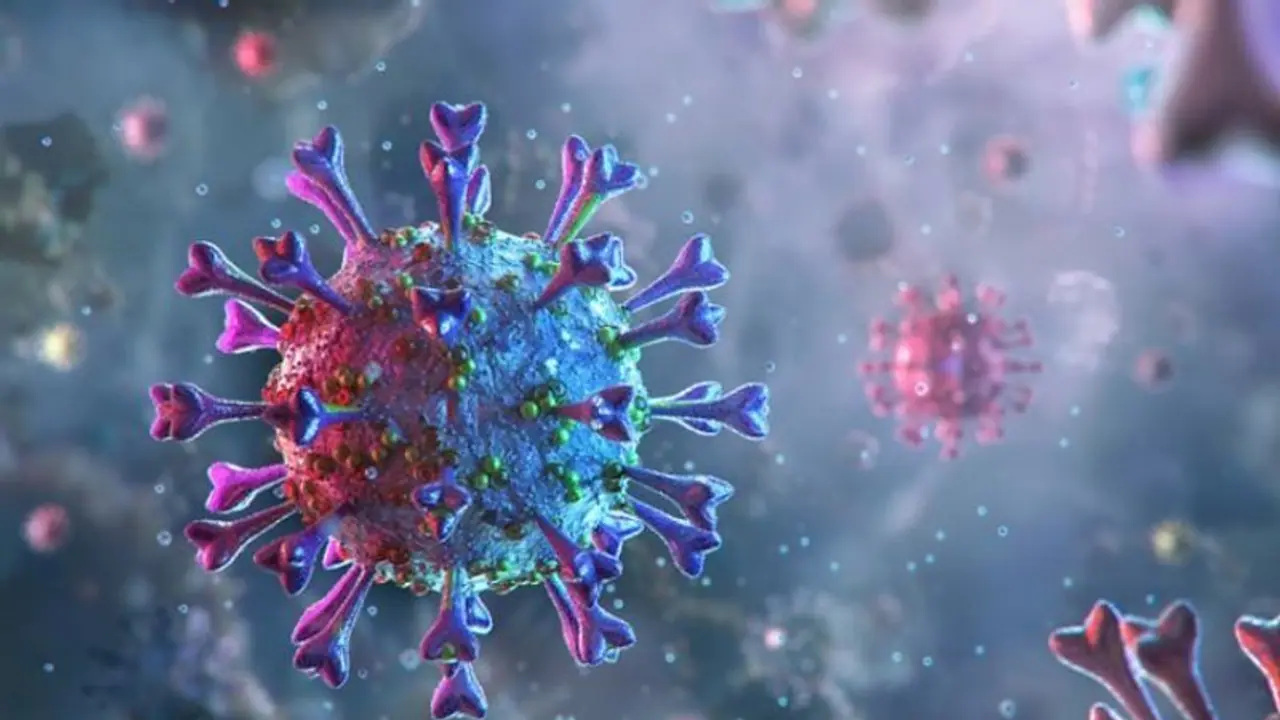The pandemic is still raging, and its implications, though hard to foretell in exact terms, is certain to be profound and multidimensional.
New Delhi: Today, the whole world is in the midst of the coronavirus (COVID-19) pandemic that has caused global disruption on a scale that has not been experienced before.

The pandemic is still raging, and its implications, though hard to foretell in exact terms, is certain to be profound and multidimensional. World needs to remember that while pandemics can exacerbate the humanitarian consequences of any conflict situation and present obstacles to traditional tools for conflict resolution and maintenance of peace and security, including UN peacekeeping operations, COVID-19 is a health crisis with far-reaching economic and humanitarian implications.
Given the context of the pandemic, India has offered to the world 10 suggestions.
Permanent representative of India to the United Nations TS Tirumurti said at the high-level open debate of the UN Security Council on “Pandemics and the Challenges of Sustaining Peace”, “India has been a positive contributor to international peace and security. We are a major troop contributing country to the UN Peacekeeping Operations, including through women peacekeepers. As a responsible stakeholder in global health supply chains and despite the pressures to guarantee medical supplies domestically, India has ensured timely access to essential drugs, medical services and medical equipment for over 150 countries to combat the pandemic.”
Also watch: Karnataka: 15-foot-long King Cobra caught in CM Yediyurappa’s district
“India has also responded to the Secretary General’s immediate requirement for upgrading the medical facilities of UN peacekeeping missions, by agreeing to deploy additional medical personnel and equipment to the military hospitals in various countries,” he added.
UN Secretary-General António Guterres, former Secretary General Ban Ki-Moon and Ms. Sarah Cliffe, Director of Center on International Cooperation, New York University also provided useful insights into the various dimensions of the challenges the world is facing today.
However, Tirumurti further said that given the context of the pandemic, India has the following 10 suggestions to offer:
1. Our immediate focus should be on ensuring that the humanitarian needs of the community which are in a conflict are met so that lack of availability of minimum needs itself does not become a matter of greater conflict.
2. National governments should support and engage local peacebuilders to help design and lead COVID-19 sensitisation and response efforts to help mitigate further conflict, prevent violence, adapt and sustain peace processes, and rebuild social cohesion.
3. If peacebuilding has to endure then it should rest on institutions and not on individuals. Consequently, strengthening of national institutions combined with strengthening of democratic structures should not be compromised in the face of the crisis brought about by the pandemic. It is only when institutions are strong can other factors, like addressing equitably the needs of the conflicted communities and strengthening of human rights, can be effective.
4. It is clear that human-centered and cooperative approaches which are at the core of peacebuilding work are needed. We also need resilience approaches that can enhance local capacities, skills, and attributes, and enable communities to not just ‘bounce back’ but ‘build back better.’ These locally owned, conflict-sensitive, gender-sensitive and trauma-informed peacebuilding approaches are highly cost-effective and sustainable. They must not be sacrificed due to short-term reallocation of funds to what is deemed as “immediate” pandemic responses. Short- and long-term responses to COVID-19 must be aligned.
5. Donors and international organizations should sustain financial support to and partnership with local peacebuilders during the crisis. They should also provide flexibility for rapid program re-design, as well as re-direction of resources to respond to emergency situations.
6. Ensure performance in peacekeeping. The UN Secretariat needs to carry out realistic assessment of contingents being selected and deployed in the mission areas. Troop competencies need to be a critical requirement of selection criteria. Troop Contributing Countries should entail adherence to training plans, including pre-deployment and in mission training, so that key mission tasks are not left to “learning on the job”.
7. It is of vital importance that our efforts are focused towards preventing a lapse and relapse into conflict. Poverty and lack of opportunity pose some of the most formidable barriers to sustainable peace. Development is, therefore, critical and should have the attention of the international community.
8. Ensuring women’s participation in peacebuilding is not only a matter of women’s and girls’ rights. Women are crucial partners in shoring up three pillars of lasting peace: economic recovery, social cohesion and political legitimacy. Gender capacity should be deployed in peacebuilding initiatives, gender-responsive analysis of key issues mainstreamed across mediation work and gender-inclusive language incorporated in peace agreements.
9. Peacebuilders must mobilise to identify and counter misinformation. Community engagement and effective communication are critical to combat the “infodemic” of false information that often drives fear and division.
10. Provide increased support for psycho-social and trauma healing programmes during the crisis and through the recovery process.
“While we are still in the early stages of adapting to the new reality of peacebuilding during a global pandemic, we must build back better to regain stability and spur peace and prosperity in a world that is perhaps changed forever. Ensuring a strong social cohesion and peacebuilding focus on how societies and institutions recover from this crisis is at the heart of turning the tide on the greatest reversal of human development into a decisive leap forward,” Tirumurti concluded.
